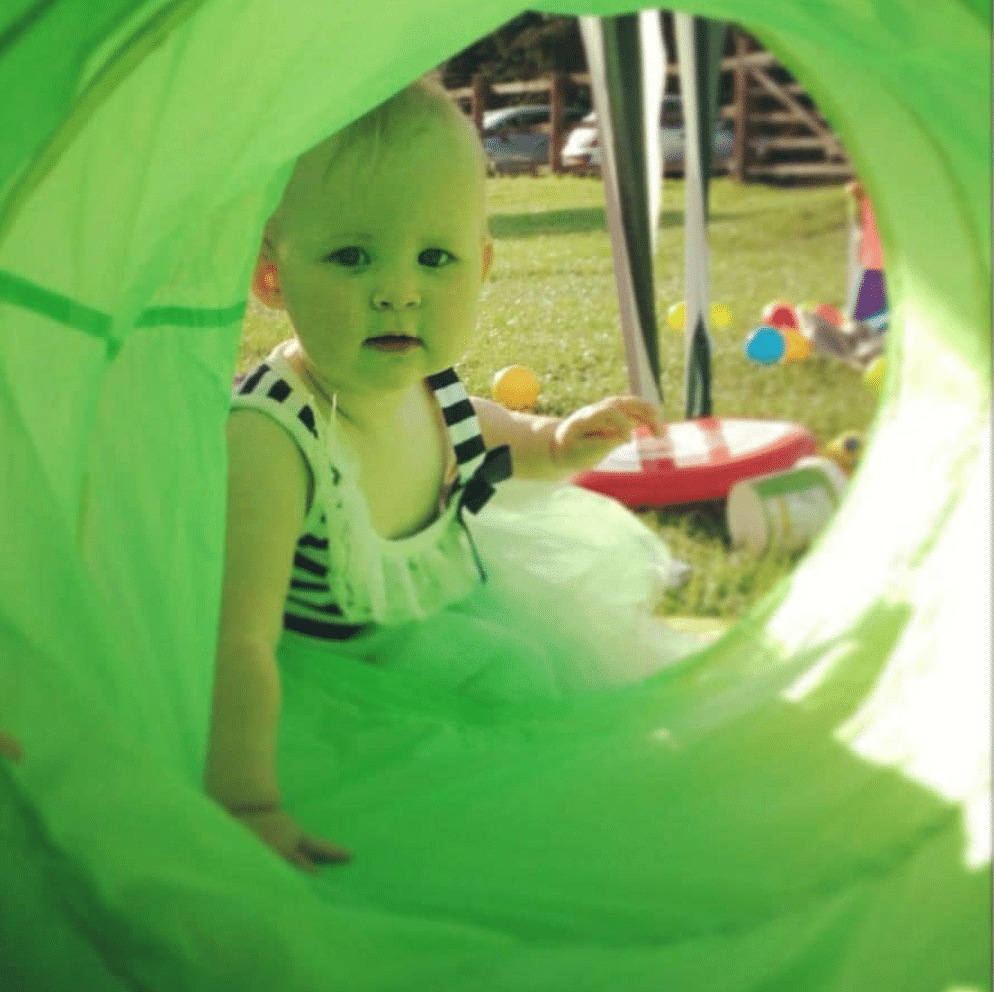The different ways young children learn!

Children learn in many different ways to one another. Your child may choose their preferred way of learning – such as being active – and that is part of their personality.
Offering various experiences to your child allows them to learn different things and a range of skills, including social skills. It also helps them to become resilient and develop their curiosity.

The Department for Education’s (DfE) ways children learn:
- Playing: an important centre of learning for young children, this can be indoors and out, alone and with others, quietly or boisterously – this allows your child to find out about things, try out and practise ideas and skills, take risks, explore their feelings, learn from mistakes, be in control and think imaginatively
- Being with other people: as well as developing emotional security and social skills for you child, being with other people (both children and adults) will stimulate ideas and involvement that move their learning forward
- Being active: your child needs to move, and will learn and remember things by taking experiences in through their senses as they move – sitting still for too long can disrupt learning
- Exploring new things and experiences: your child’s deep curiosity leads them to use all their senses to explore in hands-on activities, and then put the information together in their own minds to form ideas and make sense of the world
- Talking to themselves: in ‘self-speech’ children use out-loud thinking to clarify their thoughts, regulate their activities, take on imaginative roles and rehearse their skills
- Communicating about what they are doing with someone who responds to their ideas: even before they can talk in words, your child will be keen to share their ideas through sounds, gesture and body language – it is important that they have a chance to express their own ideas, as well as have conversations to hear other people’s ideas, extend their thinking, and use language about learning
- Representing ideas and experiences: your child will deepen their understanding as they recreate experiences or communicate their thinking in many different ways – in role play or small world play, pictures, movements, models, and talk
- Meeting physical and mental challenges: working out what to do, trying hard, persevering with problems, and thinking for themselves are opportunities for your child to develop real understanding – these challenges may occur during play, planned activities or in real-life
- Being shown how to do things: your child will learn skills by watching others or being shown how to do something – adults or peers may directly instruct, model, guide or demonstrate
- Practising, repeating, applying skills: rehearsing skills will help your child to build mastery, to enjoy their own expertise, and to consolidate what they can do
- Having fun: laughter, fun, and enjoyment, sometimes being unpredictable, are the best contexts for learning – activities can be playful even when they are not actually play
Source: Learning, Playing and Interacting – DfE 2009
